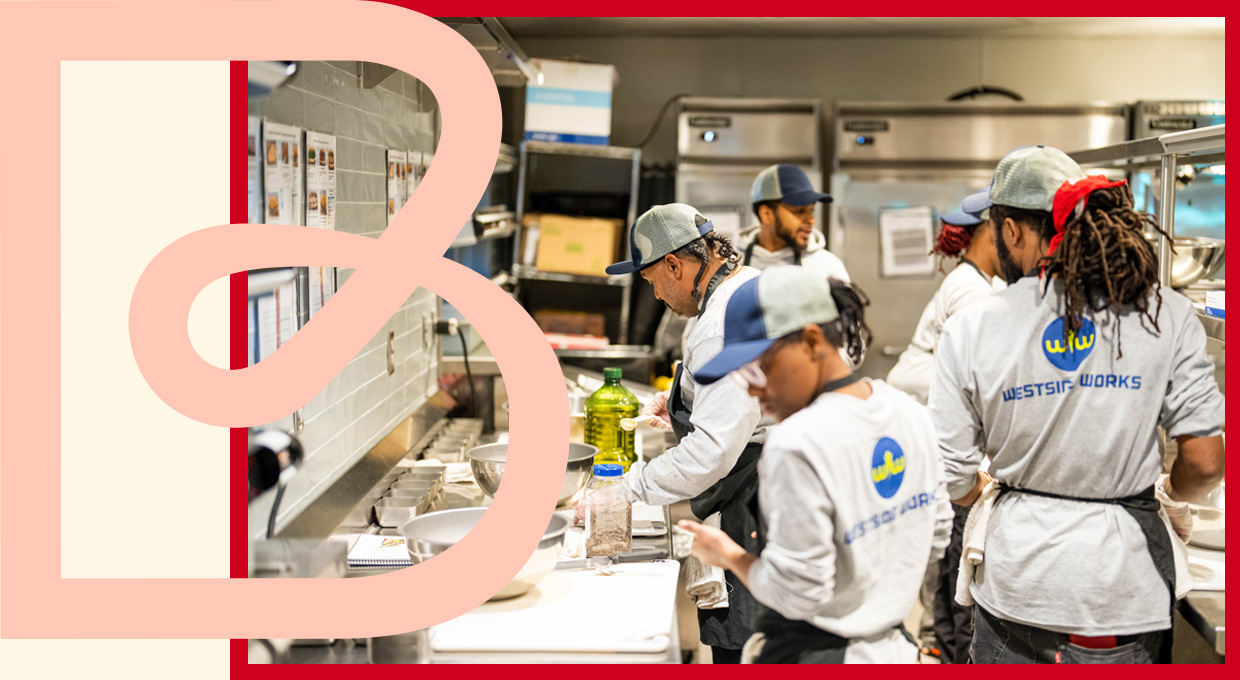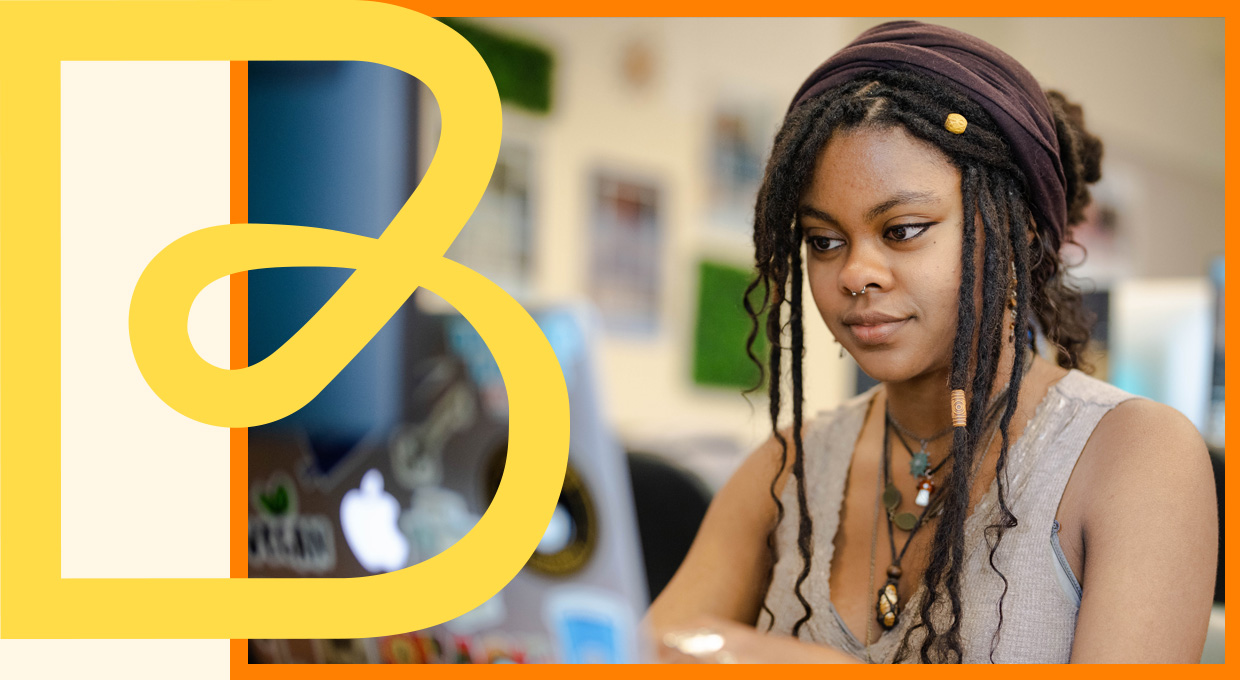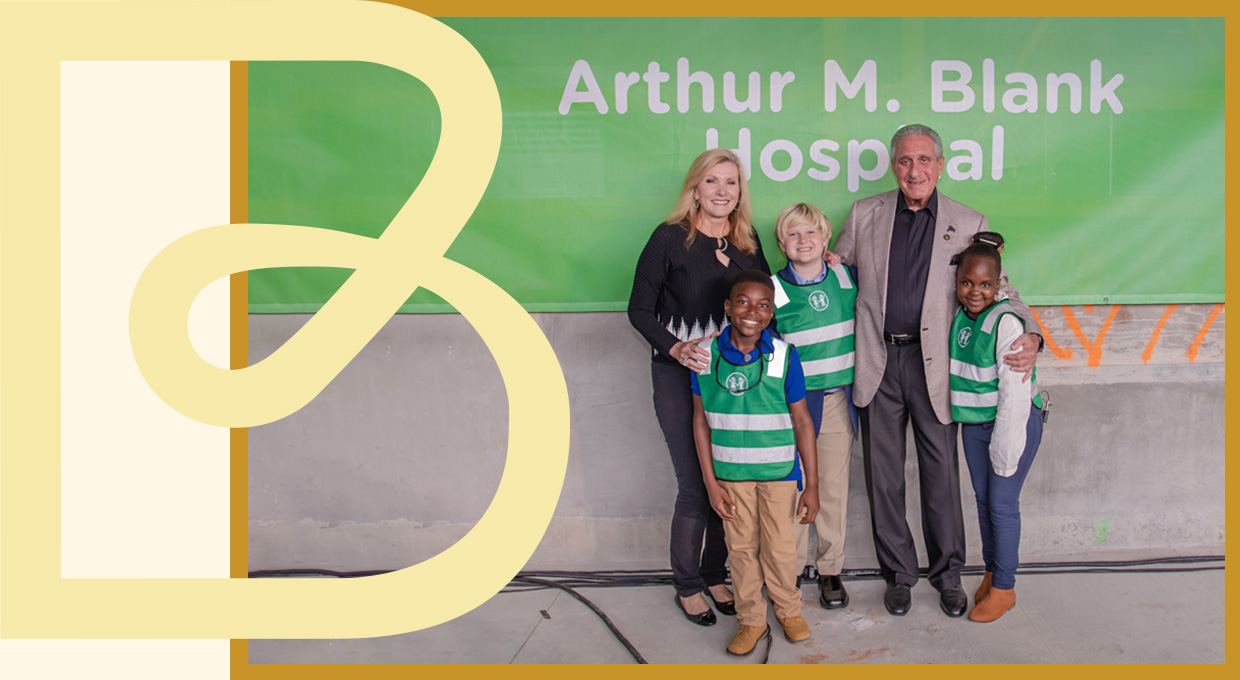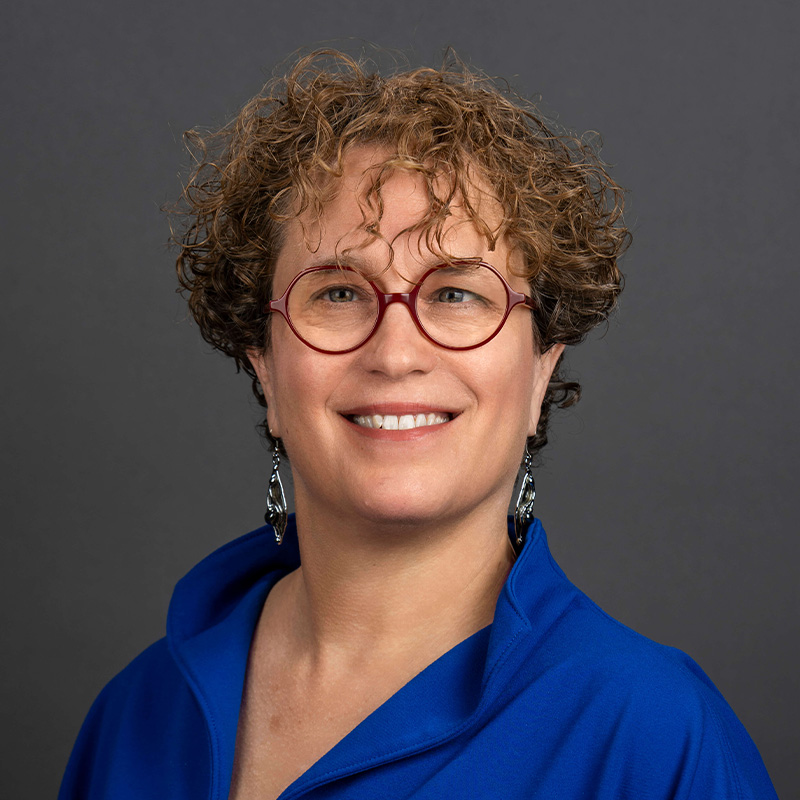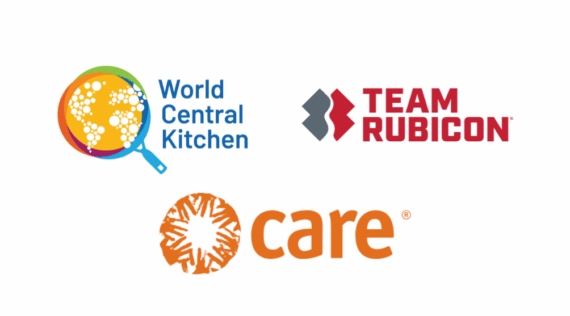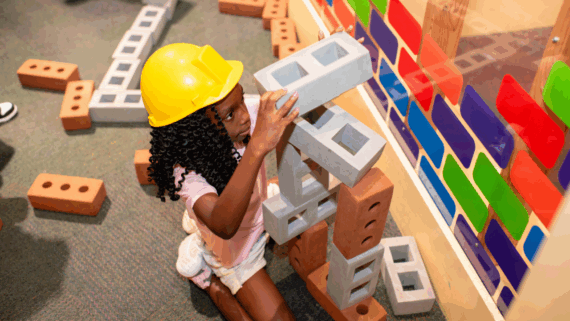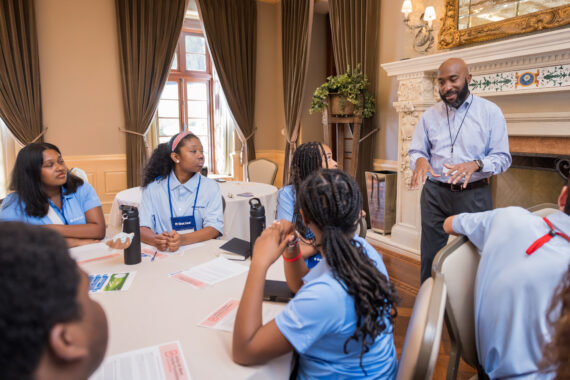Results, Relationships and Respect – A Letter From Fay

For those of you who don’t know Arthur M. Blank, the founder and chairman of our foundation, you should know that in addition to being a successful businessman many times over, he is a values-driven person. He has conveyed his values to his children and to the associates who work in his businesses. Six Core Values guide everything he does in business and philanthropy. These values are referenced daily and serve as a common touchstone across all of Arthur’s enterprises.
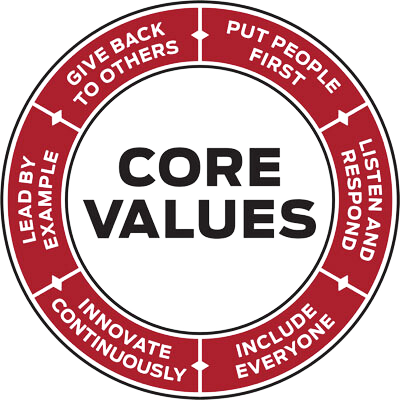
As we have been building the Blank Family Foundation staff and infrastructure to support the next chapter of increased giving, I have thought deeply about how we give expression to these values in our philanthropic practices – how we develop our approach to giving, how we achieve impact in the areas we care about, and how we engage with our nonprofit partners, the communities we serve, and our staff and board.
Results, relationships, respect. These qualities together are what I have come to believe are the essential ingredients of excellent philanthropy, consistent with and reflective of our Core Values at the Arthur M. Blank Family Foundation.
These sound like common sense standards and features for philanthropy, right? Except they are not. In the foundation world – like in the world at large – there are trends and divisions. There are some who focus relentlessly and dispassionately on results. The purest of these is effective altruism, a movement that relies solely on data to guide philanthropic giving. Others focus on trusting relationships with nonprofit partners – a movement for trust-based philanthropy that places grantee relationships as preeminent for successful giving. And there are those who center community and respect for community members in their giving. A leading proponent of this approach is the Fund for Shared Insight and its signature initiative, Listen4Good. This community centric approach builds upon the foundational philosophy begun in the disability rights movement of “nothing about me without me.”
I aspire for us to do all three even when there is creative tension in the mix.
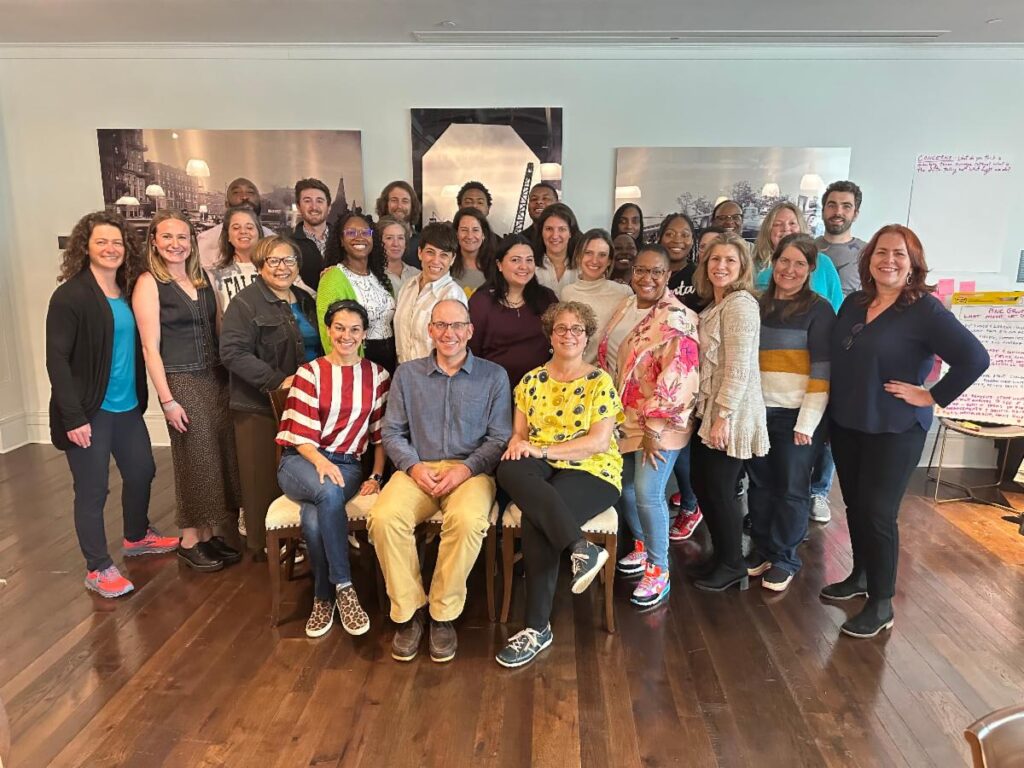
This has been a journey for me. I started my career data-oriented and results-focused. I have always valued the role of relationships but until my move to Atlanta, I didn’t appreciate just how important they are. Atlanta is a relationship town. And respect is the existential glue for achieving results and cultivating deep relationships.
I came of age professionally in the mid-eighties, just as outcomes-oriented philanthropy was taking off. It was no longer enough to feel good about giving. There was a sense that nonprofits were overly focused on process and insufficiently focused on outcomes. There was a drive towards having philanthropy demonstrate results. I was and have been an enthusiastic member of the effective philanthropy club, advancing strategy and actionable measurement for nonprofits and foundations. Data and results are irrefutably important. It is our ambition to achieve positive change that motivates philanthropy in the first place – to make the world a better place in specific and meaningful ways. Data keep us all informed, help us improve and enable us to calculate and mitigate risk.
What I realized, however, 15 years ago while working at the Bill and Melinda Gates Foundation, was that in the pursuit of impact, we needed to elevate and listen to the people we were seeking to serve and benefit with our funding. At Gates, where the U.S. program was focused on schools, we began with students. The foundation was collecting huge amounts of data about students – graduation rates, matriculation, college going, test scores, grades, attendance and more, but no feedback from the students themselves! That was a blind spot and one for which we corrected with the development of Youth Truth, a best-in-class student feedback system to surface student experience in schools. It turns out that students have great insight that can inform ways to improve the educational experience and as a result, educational outcomes.
When I was interviewing with the Blank Family Foundation, Arthur had read an article I had written about Listen4Good, a system for soliciting feedback from all nonprofit clients and participants. He said to me, “Fay, I have been listening for good my whole life!” Indeed he has! Listening and responding is one of our Core Values and must be baked into everything we do at the foundation.
But it was in coming to Atlanta to work with Arthur Blank and the Arthur M. Blank Family Foundation, that I got schooled on the importance of relationships. Relationships are king here. They are the grease that makes the engines go. Just recently I was at a luncheon where Ambassador Andrew Young – a true Atlanta icon – was speaking. He shared a story that “back in the day,” it used to be that 10 white leaders and 10 Black leaders would get together every Saturday morning at Paschal’s restaurant and talk about what was good for Atlanta, for its neighborhoods, for the city’s future. Nothing was written down. But relationships were formed, visions were shared, plans developed, and history was made.
Relationships were not only important back in the day when civil rights history was made, however. They are important today. This is a city full of social events where a cross-section of the citizenry participates. I see and have experienced civic rituals everywhere I go in Atlanta. In organizational and city meetings and events where participants stand and sing the national anthem or recite the Pledge of Allegiance. These are rituals that bind us, that say, no matter our differences, we share common civic bonds. We love our home.
I participated in the Leadership Atlanta program this past year, a venerated civic leadership program that blends elements of old-fashioned team building with lessons on history, race awareness, poverty and many other social issues. It has quirky rules and traditions, some of which remind me of my days in youth group as a child. But, fundamental to everything we do in this program, which has been attended by a great cross section of people in the city from activists and authors to clergy and business leaders, is that we build connections and create enduring relationships.
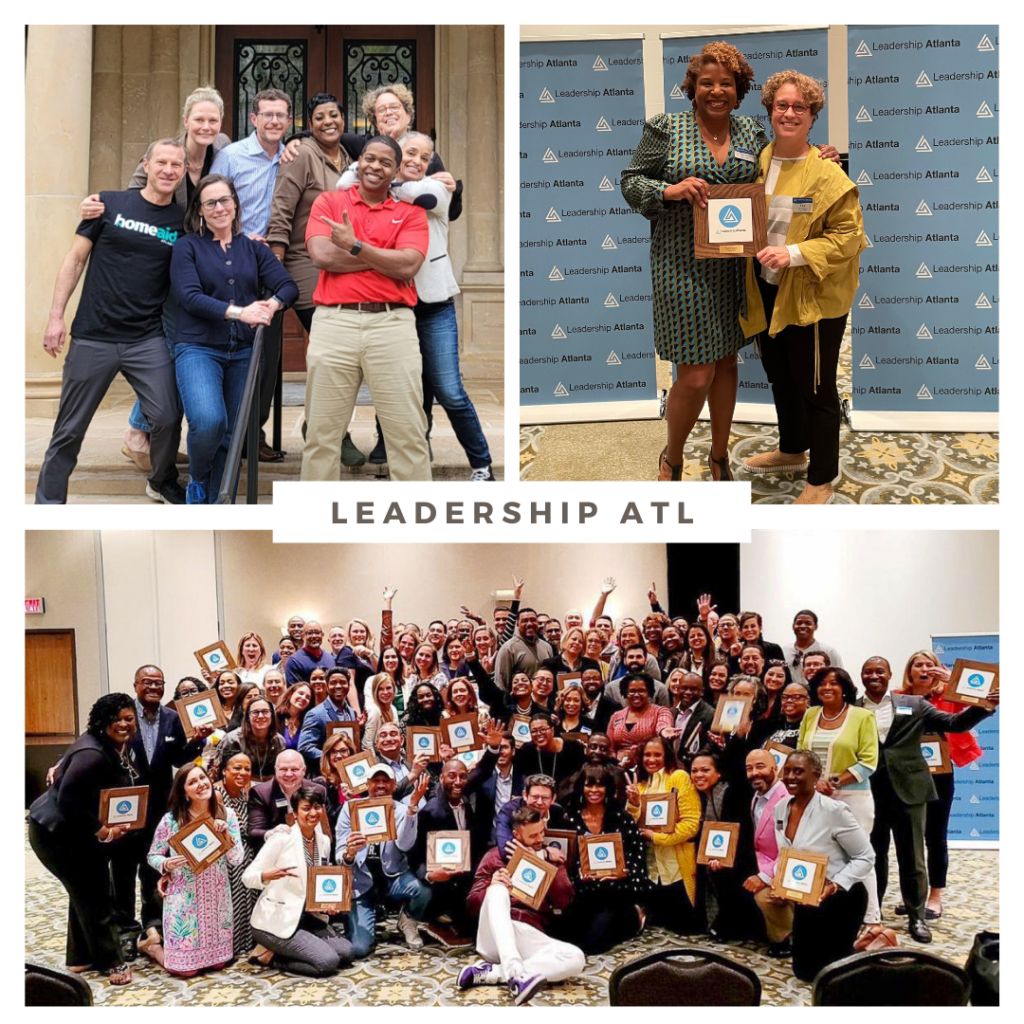
In our work at the Arthur M. Blank Family foundation, I want us to treat our relationships as sacred – relationships with our nonprofit partners, other funders, community members, internally with our staff and board. And not just because of the adage that progress moves at the speed of trust. I believe that is true. But also because the challenging issues we work on – climate change, democracy, youth development, mental health and well-being, and our place-based work in Montana and on the Westside of Atlanta – all require a long term view. To accomplish results in the long term, we need one another.
While I have gained appreciation for the centrality of relationships here in Atlanta, it was reinforced for me in Montana, our second home-base for foundation operations. One of the unique contributions that Arthur Blank has made in Montana is to open his private ranches just outside of Yellowstone National Park to elk hunting for the local community. It is a win-win arrangement that both thins the elk herd that has grown too large for the ecosystem and allows families to fill their freezers with protein for the winter. Arthur is one of the only ranch owners to do this and the only one at significant scale.
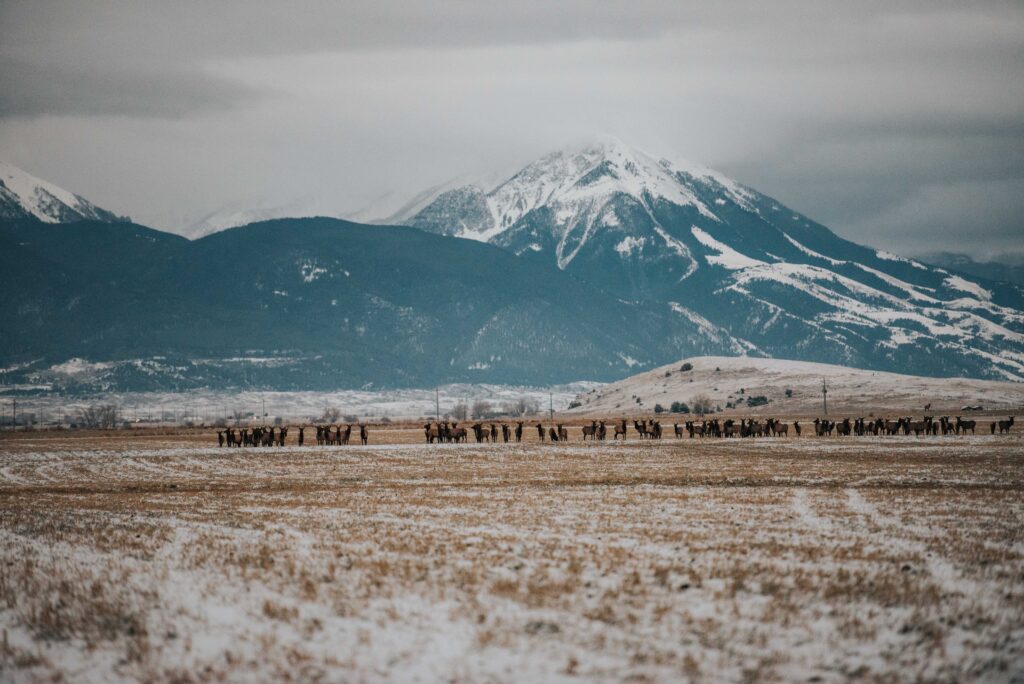
I have never hunted before, and this winter I thought it time to have that experience firsthand, so I went on my first elk hunt. Terance, the ranch manager, soft spoken, kind, always with a wry smile and wearing his cowboy boots and hat, arranged for a hunting expedition in February for my colleague Margaret and me. We set out from Bozeman at 5 a.m. The temperature was 7 degrees, and a recent snowfall made for a brisk and beautiful morning. Terance paired me with a hunter named Jeremiah. Margaret was paired with a female hunter, Danielle. Jeremiah already had elk meat in his freezer for the season. He was hunting now to provide meat for his neighbor. While it was still dark, Terance offered us feet and hand warmers and taught us about ethical hunting – using ammunition without lead so birds wouldn’t be harmed if they ingested fragments from the elk carcass; not shooting into a herd of elk but waiting for one elk to separate so as not to injure others; and picking up the bullet casing after the shot.
We ventured out in our truck at first shooting light. This is before dawn but light enough to see the animals. Because of the snow, the elk had come down to the valley to forage for food and within five or six minutes, we saw a herd. It was a majestic sight.
Jeremiah is a biologist and explained to me step by step what he was seeing and doing. He described the elk in detail and when we stepped out of the vehicle and took aim with his rifle, he narrated for me what was happening with the herd, the land and the light. He was fully in touch with this ecosystem, with complete respect for the animal he was about to kill. He waited for the right moment, and he downed the elk with one shot. We waited a few minutes and then went over to the elk. Jeremiah, Terance and our other guide, Sam, quartered the elk right there on the valley floor, leaving the carcass for the birds to consume.
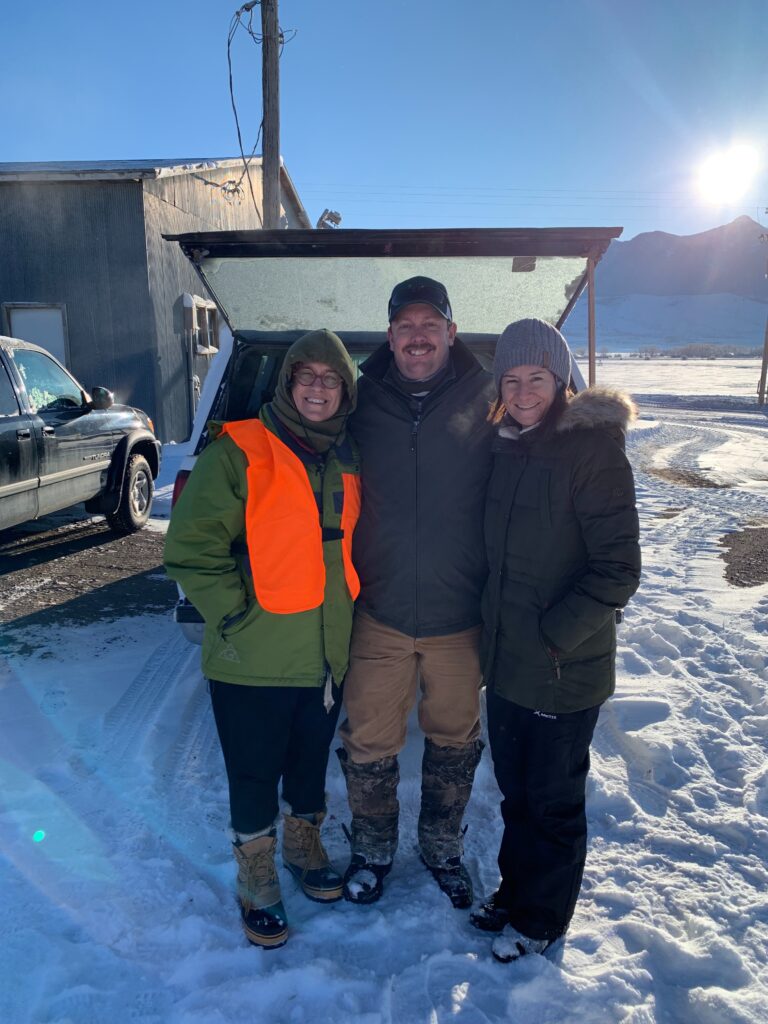
I found the whole experience counterintuitively peaceful. And, it made me appreciate that the Montana way is also one of results, relationships and respect.
The Arthur M. Blank Family Foundation is fortunate to call Atlanta and Montana home. We have much to learn from these places and a responsibility to give back. Across all of our areas of giving and drawing on the Core Values that have guided Arthur Blank and his family for many years, we are committed to making a meaningful difference with and for the communities we are here to serve. We are a work in progress, but our compass is set: to achieve results, honor relationships, and treat our partners and one another with respect in the process.
Stay Connected
Stay up to date with stories of impact, grants in your neighborhood and other interesting foundation news.
By submitting this form, you are consenting to receive marketing emails from: Arthur M. Blank Family Foundation, 3223 Howell Mill Road, Atlanta, GA, 30327. You can revoke your consent to receive emails at any time by using the SafeUnsubscribe® link, found at the bottom of every email. Emails are serviced by Constant Contact

